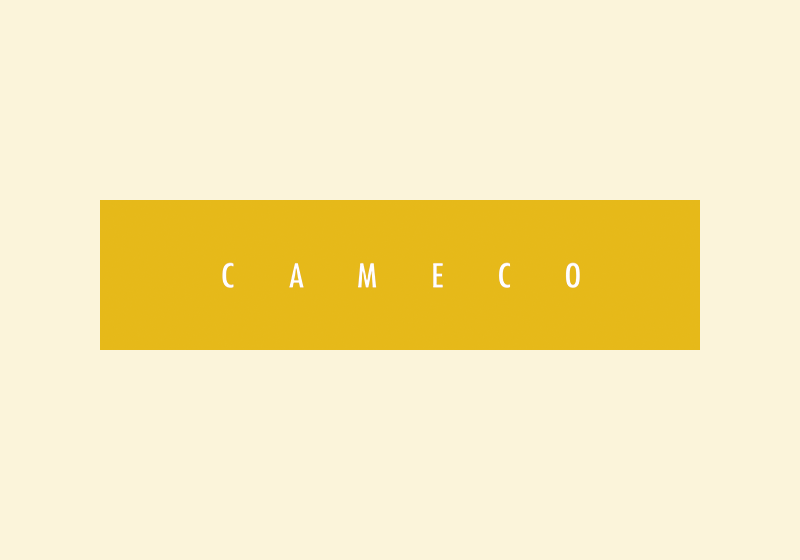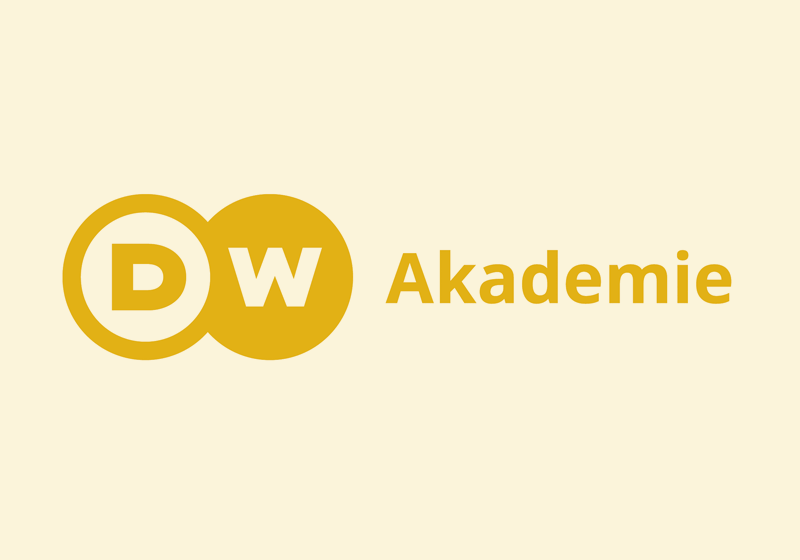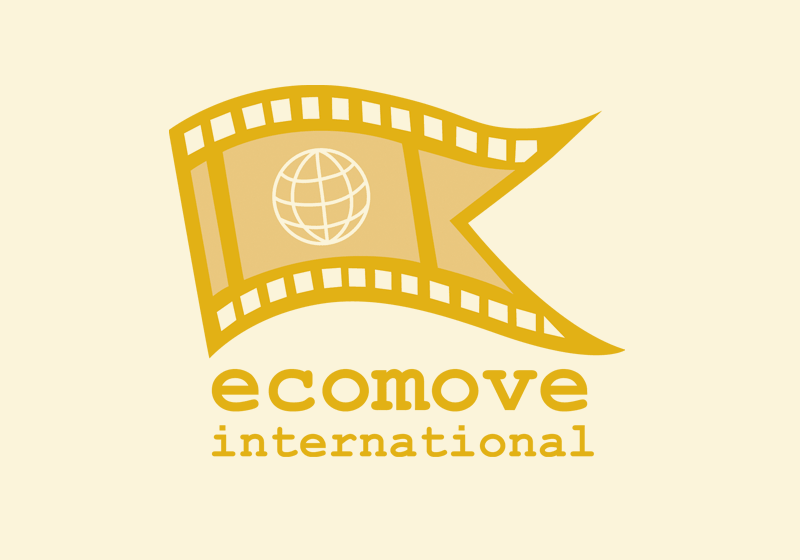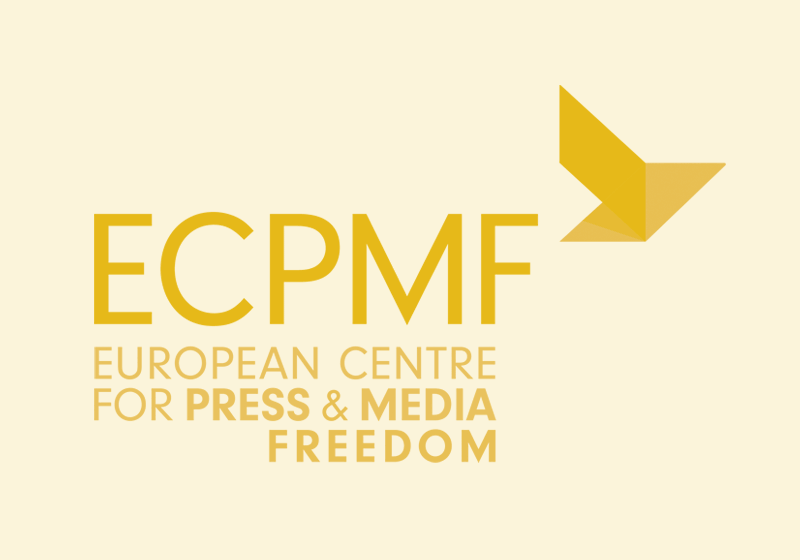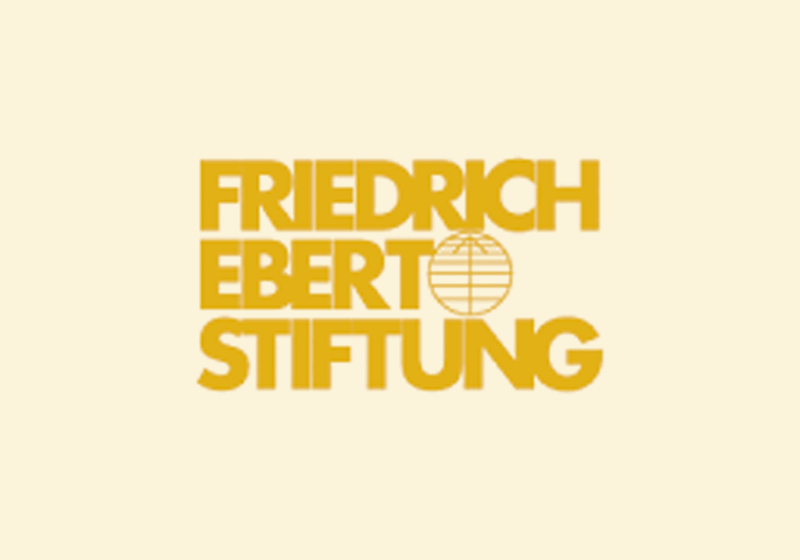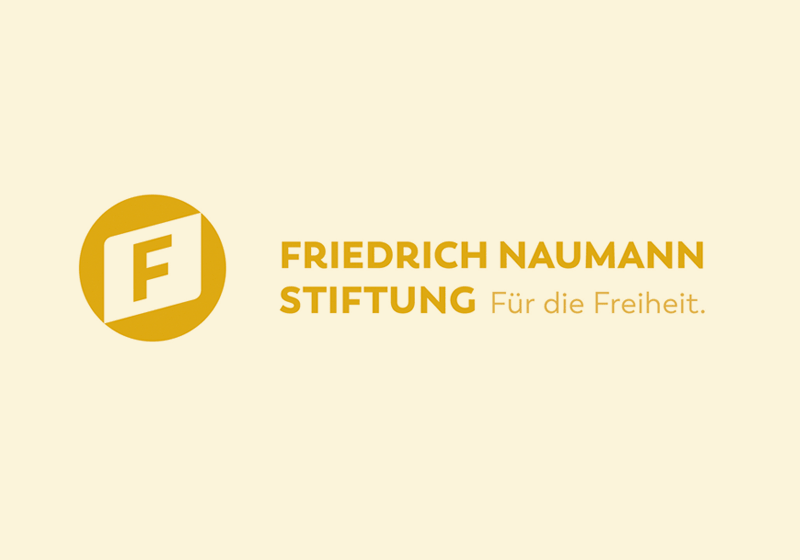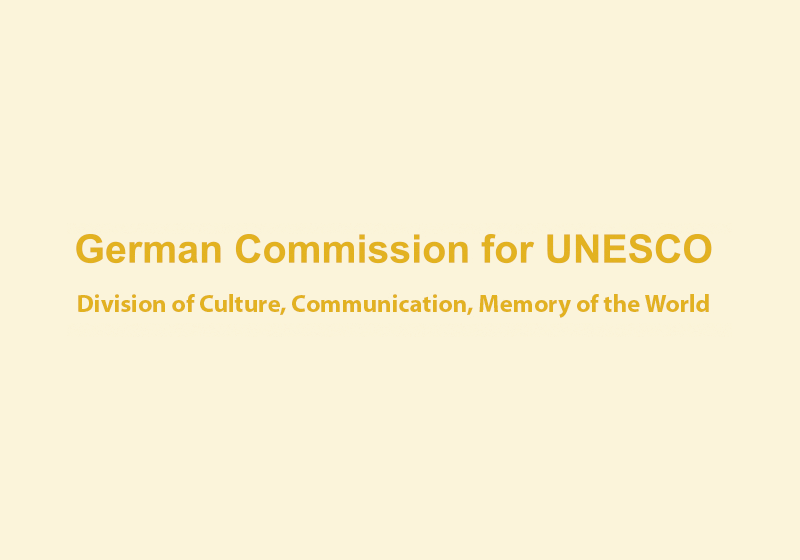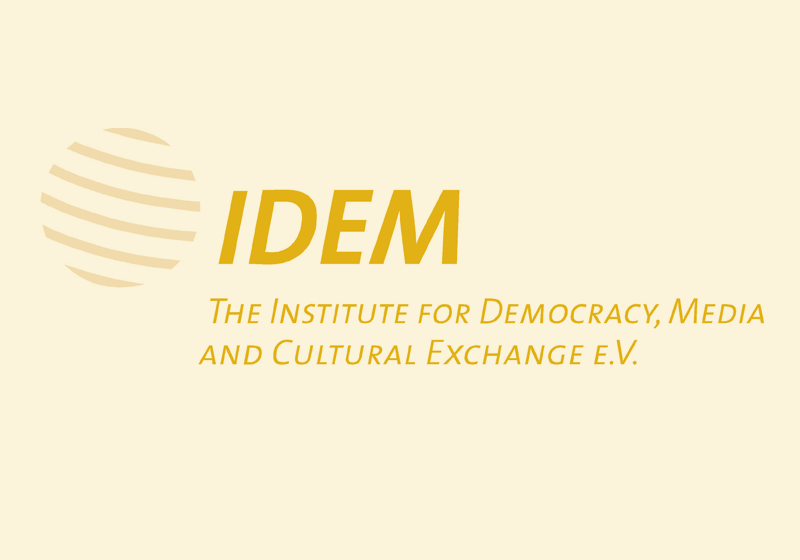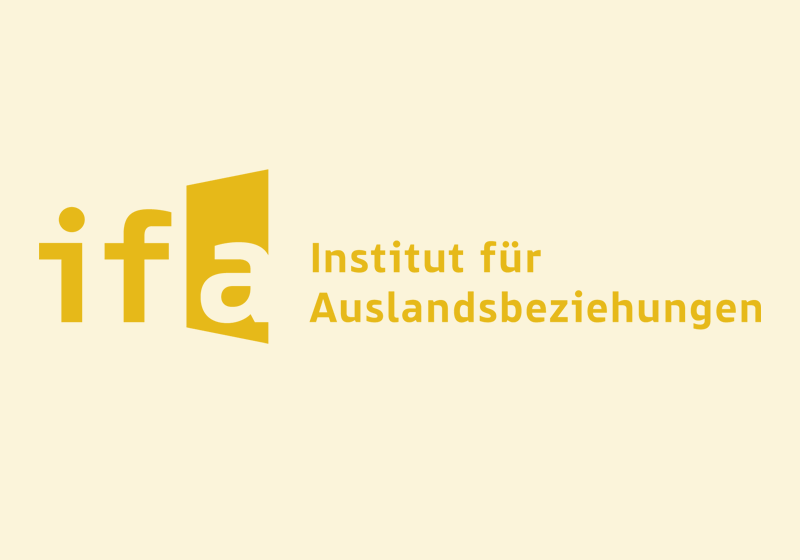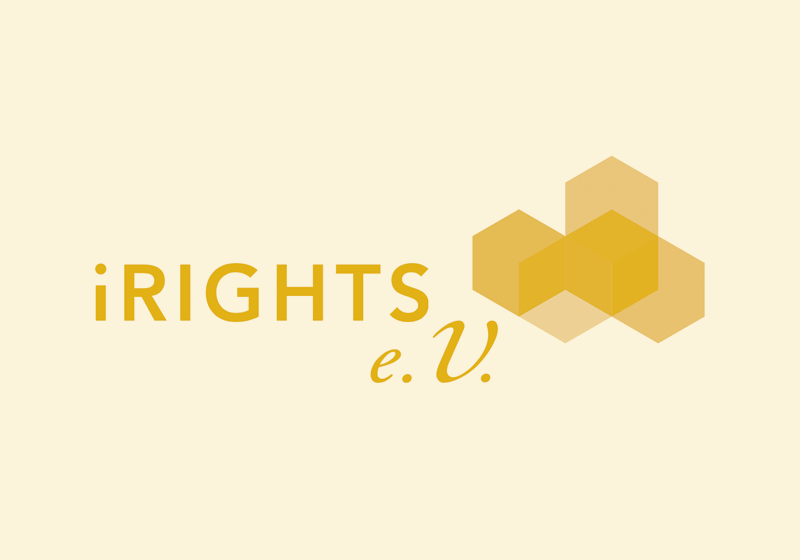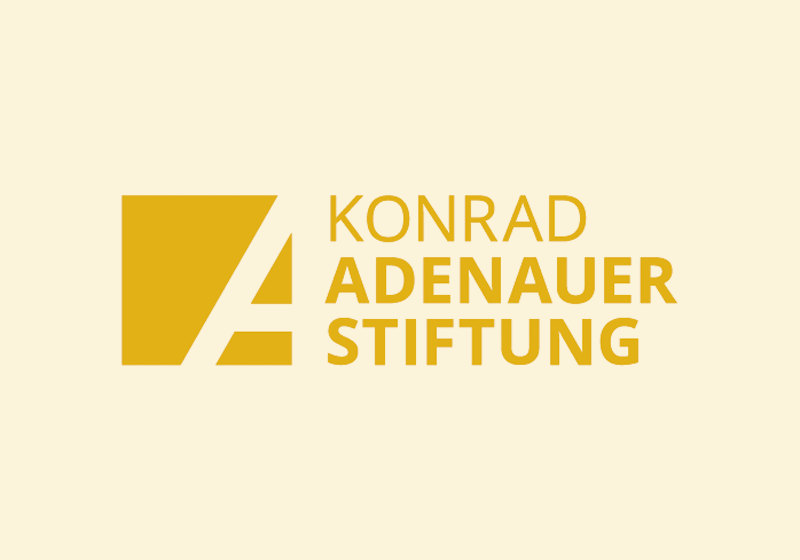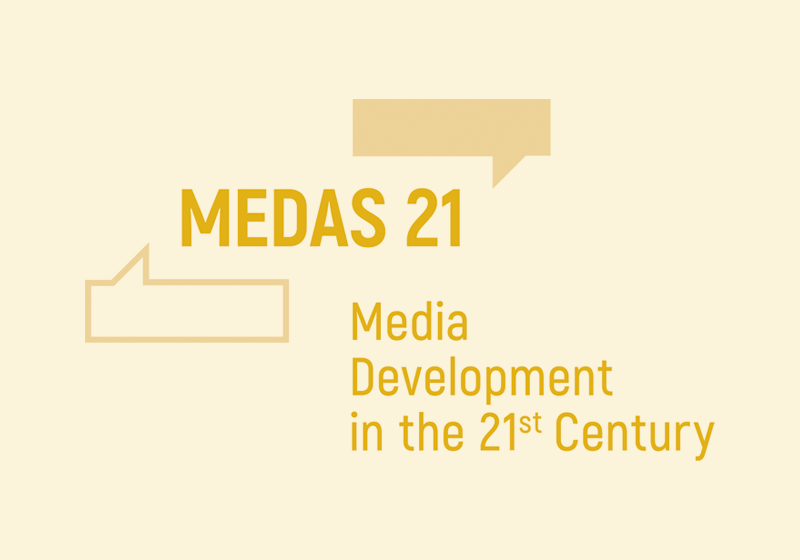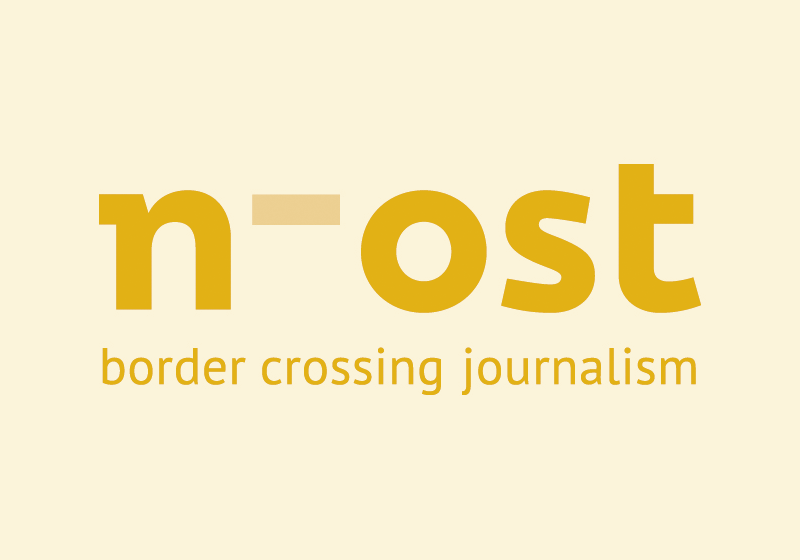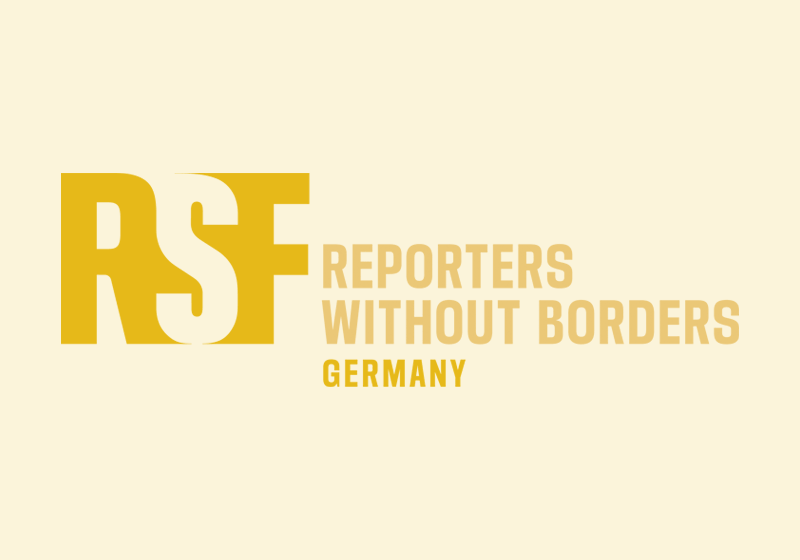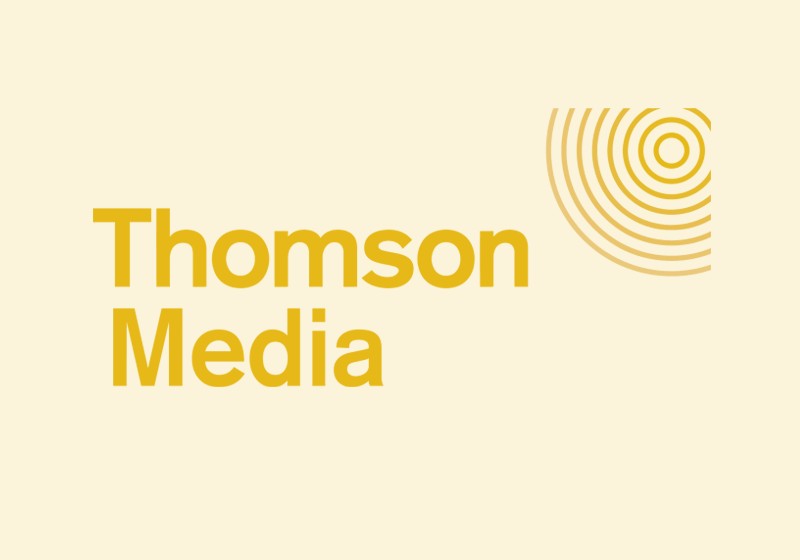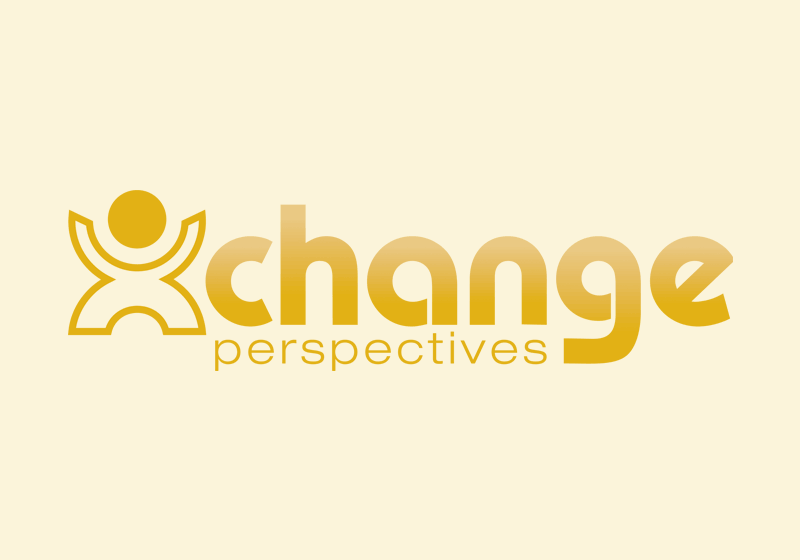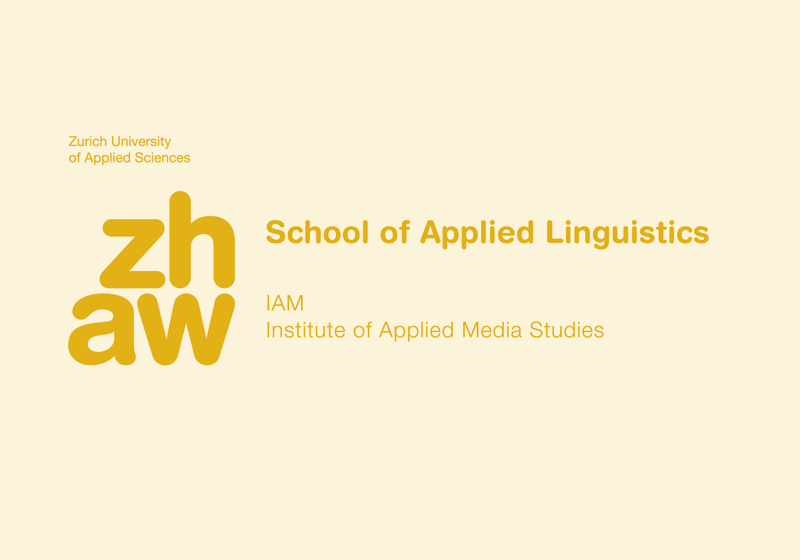Day 2 – CDAC Public Forum combined with fome Symposium
Information in Crisis
Wednesday, December 10, 2025
(Program is subject to changes)
Program overview download.
The event will be moderated by Edith Kimani, Deutsche Welle
08:30 Registration and refreshments
09:30 Welcome
Geoff will introduce attendees to this important joint session of the fome and CDAC Network members, including looking at the pre-event framing paper and call to action on the plight of information in crisis.
Speaker:
- Geoff Loane, CDAC
09:45 Keynote address: Information in Crisis
This opening session will shape our understanding of what ‘information in crisis’ means in 2025, why this is the focus for our day and brings together the two communities of humanitarian and media development organizations for the 2025 CDAC and fome Public Forum. Churchill and Tammam will bring life to this discussion through their understanding of the importance of information with integrity in a world of complex crises, often with little hope for political resolution. Edith Kimani will moderate this discussion with her own understanding of crisis as well as what a crisis of information itself, actually means.
Speakers:
- Churchill Otieno, The New Humanitarian (tbc)
- Tammam Aloudat, The New Humanitarian
Facilitator: Edith Kimani, Deutsche Welle
10:30 Lightning talks: What makes information aid?
Five speakers will be invited to speak for no more than 5 minutes each. They will bring an inspirational and informative topic, lived experience, or expressed thought which will set the scene for the rest of the day. We expect these interventions to be thought provoking and even disruptive, unseating the audience’s assumptions and expectations, whilst they focus minds on the trickiest aspects of communicating and sharing information in conflict, emergency and acute crisis in 2025.
Speakers:
- Ouboulè Abalo, Fondation Hirondelle’s Country Representative in CAR and head of Radio Ndeke Luka
- Charlotte Lindsey, Author, IFRC World Disasters Report 2026
- Ana Cristina Ruelas, UNESCO
Facilitator: Edith Kimani, Deutsche Welle
11:00 Coffee break
11:30 Panel discussion
Information as aid under siege: Future models for financing communication in crisis
Ten years after the Grand Bargain, funding cuts threaten a vital but overlooked element of humanitarian response: communication itself. This session examines how information functions as a form of aid and explores alternative financing models—from community-driven media to strategic partnerships—that can keep displaced communities visible, heard, and empowered when traditional resources fall short.
Speakers:
- Elke Löbel, German Federal Ministry for Economic Cooperation and Development
- Marcia Wong, CDAC Trustee
- Lina Chawaf, Visiting Researcher Harvard University
Facilitator: Natascha Schwanke, DW Akademie
12:30 Lunch
13:30 Transition to Gallery Walk
13:45 Gallery Walk
This dynamic and interactive session invites participants to circulate among a dozen themed tables, each hosted by experts from diverse organizations who share their experiences, insights, and lessons learned. Every 20 minutes, a gong signals participants to move to a new table, sparking fresh conversations and perspectives. The format encourages cross-sector dialogue, fosters collaboration, and highlights innovative approaches at the intersection of media development and humanitarian work.
Exhibits:
- Building Trust Through Reliable Information: The Case of Radio Ndeke Luka
Ouboulè Abalo, Radio Ndeke Luka - Europe–Ukraine Desk: Strengthening Coverage Through Collaboration
Hanno Gundert (n-ost) - Empowering Indigenous Voices: Communication for Development in the Philippines
Mark Aljen D. Binocal, Faculty of Development Communication/Davao Oriental State University, Philippines (in collaboration with IDEM) - #ASKnet – The Access to Skills and Knowledge Network in South Sudan and Uganda
Yine Yenki Nyika, #ASKnet (in collaboration with r0g_agency) - Advancing Revenues for Local Radios Across Uganda and East Africa
Douglas Mutumba, East Africa Radio Advertising Service (in collaboration with MiCT) - The Voice of Palong: Building Bridges Between Rohingya and Bangladeshis
Arifur Rahman, YPSA (in collaboration with DW Akademie) - Strengthening film education to boost the local film industry and career opportunities for young West Africans
Samuel Asamoah, YMCA GHANA (in collaboration with Weltfilme) - Data Journalism in Central Asia: Quest for Evidence-Based Reporting
Altynai Mambetova, School of Data Kyrgyzstan (in collaboration with IDEM) - Beyond borders – A toolkit for reporting on forced displacement and migration in Asia
Zobaer Ahmed and Eva Garcke, DW Akademie - Connecting Security and Communication Experts in the Black Sea Region
Ralitsa Stoycheva, Media Programme Southeast Europe, Konrad-Adenauer-Stiftung - The Humanitarian Space on Social Media
Clara de Solages and Christina Wille, Insecurity Insight - Global and European Protection Mechanisms for Independent Journalism
Andreas Lamm, European Centre for Press and Media Freedom - #defyhatenow – Countering Online Incitement to Violence and Social Media Hate Speech
Ngala Desmond Ngala, #defyhatenow Cameroon - From Silence to Justice: Legal Strategies to Support Families of Disappeared Journalists in Mexico
Víctor Martínez Villa, Propuesta Cívica (in collaboration with Reporters without Borders) - Tackling the information crisis in Sudan: innovation and community participation
Mukhtar Elsheikh, CDAC - Journalism Shaping a World at Peace
Ana Cristina Ruelas, UNESCO
14:45 Panel discussion
Who do we trust in crises? Lessons for the new age of information disorder
Across crisis responses, trust has operated as a form of infrastructure: it determines which information communities act on, who they turn to in moments of threat, and how they interpret risk. In contexts such as Ebola in West Africa, Haiti after the 2010 earthquake, Nepal, Syria, Ukraine, Myanmar, Sudan, and on and on in countless recent examples, communication successes and failures have been tied – not just technology, coordination, or funding– but to credibility, narrative resonance, identity, rumor dynamics, and social legitimacy.
Today, the landscape is further complicated by information disorder, politicized narratives, polarization, declining trust in institutions, AI-generated content, and weakened media ecosystems. Yet current conversations on “information integrity” risk losing sight of the fact that trust has always been negotiated, fragmented, and locally held.
This session aims to reconnect contemporary challenges with past lessons, using real cases from humanitarian and media experience to examine how trust is built, lost, and repaired in the midst of crisis.
Speakers:
• Amil Khan, Valent
• Malka Older, Global Voices
• Anshu Gupta, Goonj
Facilitator: Ila Schoop-Rutten, CDAC
15:45 Session
AI in crisis – what next?
AI is transforming the way in which the whole world does business, socializes and relates human to human, as well as human to machine. The humanitarian and media development worlds are no different. Indeed, with increasing pressure on humanitarians to do more with far less (less money, less access, less political will) AI is understandably seen as a glimmer of hope in an almost impossible situation. Meanwhile crisis affected communities are experiencing AI both directly and overtly – connected to humanitarian and development efforts, as well as in the shadow of war making and decision taking by big technology, armed forces and those seeking to exploit the world’s most vulnerable. This session goes big and broad in its attempt to understand what AI means in crisis, keeping focused on communities at the center of emergencies throughout. We begin in plenary and then split into six tracks for individual discussion on AI and crisis. This session is nothing without its audience who play a critical part in bringing ideas, energy and content to spark debate, shape conversation and deepen our understanding of this new and accelerating technology in crisis settings.
Facilitator: Suzy Madigan, CDAC
16:00 Coffee break
16:30 Session (Cont.)
AI in crisis – what next?
- Towards utopia?
Will AI do more to increase or decrease inequality?
Shruti Viswanathan, CDAC Network - AI: Snake oil or the aid sector’s panacea?
As the humanitarian sector needs to reach more people with less, are AI systems and tools the answer to supporting and empowering communities? And how does AI intersect with humanitarian principles and accountability to affected communities?
Noor Lekkerkerker, Upinion - Operationalizing Responsible AI
To what extent are humanitarian/development actors, donors, and businesses operationalizing responsible AI, and what more do they need to do?
Michael Tjalve, Humanitarian AI Advisory - Data Sovereignty & Digital Rights in Crisis
Who owns community data? How do we balance AI-powered safety/surveillance with privacy rights and community control? How do we ensure “do no harm” principles?
Varaidzo Matimba, MERL Tech - The Human-AI Partnership in Information Ecosystems
How can we design and govern AI in ways that strengthen public-interest journalism, protect community agency, and reinforce information integrity in crisis information ecosystems?
Michael Markovitz, Media Leadership Think Tank - Inclusive AI: Languages, Literacy & Community Voice
How can AI support linguistic diversity and community participation rather than marginalizing non-dominant voices? What AI literacy levels do frontline workers and affected communities need?
Arpita Kanjilal, Digital Empowerment Foundation
17:45 Session (Cont.)
AI in crisis – what next?
Feedback from the six tracks
Facilitator: Suzy Madigan, CDAC
17:30 Wrap up
Speaker:
- Geoff Loane, CDAC
- Sarah Cotton, CDAC
Facilitator: Edith Kimani
17:45 Reception


